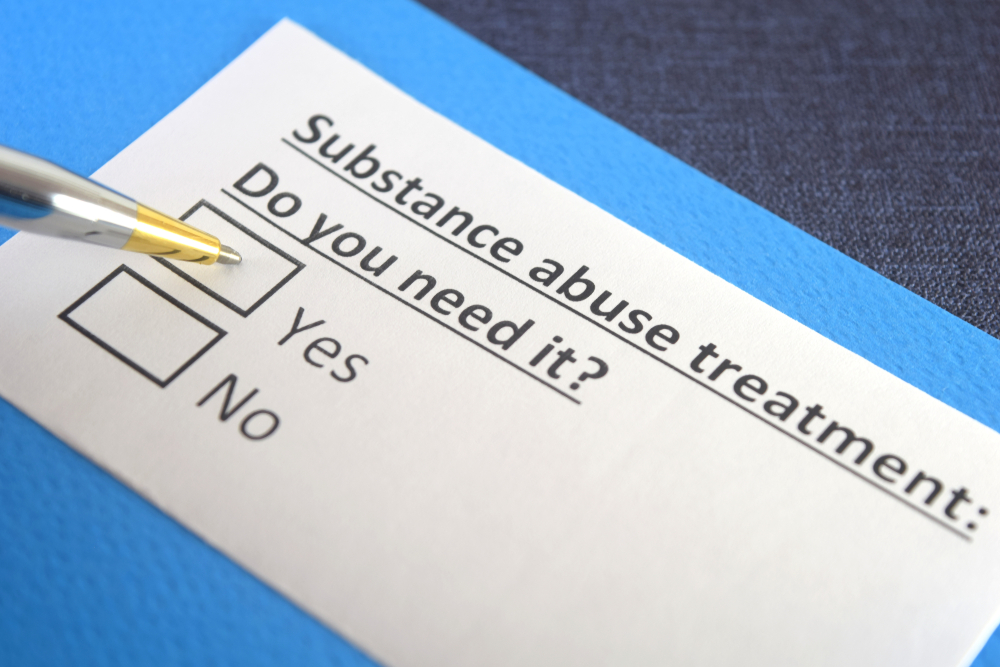Substance abuse is a growing problem affecting individuals, families, and communities worldwide. It can cause severe physical, emotional, and psychological harm, often leading to many other serious health problems. However, with the right help and support, overcoming substance abuse and leading a healthy, fulfilling life is possible.
Understanding Substance Abuse
Substance abuse refers to the excessive and problematic use of drugs, alcohol, or other substances. It is a growing problem that can have severe and adverse effects on a person’s physical, mental, and emotional health, as well as on their relationships and daily life.
Definition of Substance Abuse
Substance abuse is a pattern of drug or alcohol use that leads to significant harm or distress. It can involve excessive consumption, problematic behavior, and a loss of control over substance use. Substance abuse can also lead to addiction, a chronic condition characterized by a solid physical and psychological dependence on drugs or alcohol.
Signs and Symptoms of Substance Abuse
There are many signs and symptoms of substance abuse, including changes in behavior, mood, and physical health. Some common signs include:
- Increased tolerance to the substance, leading to a need for more significant amounts to achieve the same effect
- Withdrawal symptoms, such as anxiety, depression, and physical symptoms when not using the substance
- Difficulty controlling substance use, including failed attempts to quit or reduce consumption
- Neglecting responsibilities and social obligations due to substance use
- Continuing to use the essence despite negative consequences, such as health problems or relationship problems
The Impact of Substance Abuse
Substance abuse can have many adverse effects, including physical damage to the body, addiction, and an increased risk of serious illnesses such as heart disease, liver damage, and mental health issues such as depression and anxiety. Substance abuse can also significantly impact a person’s relationships, career, and financial stability.

The Stages of Substance Abuse and Addiction
Substance abuse and addiction are complex issues that can develop over time, with each stage having unique challenges and risks. Understanding the stages of substance abuse and addiction can help individuals and their loved ones better understand the nature of the problem and make informed decisions about treatment and recovery.
Stage 1: Experimentation
The first stage of substance abuse is experimentation. This stage is characterized by the casual or occasional use of drugs or alcohol, often due to peer pressure or curiosity. At this stage, individuals may not have any significant problems with substance use and may believe they can control their consumption.
Stage 2: Regular Use
In the second stage of substance abuse, regular use becomes a more established pattern. Individuals may start using drugs or alcohol more frequently and may experience negative consequences, such as health problems or relationship problems. However, they may still believe they have control over their substance use and may resist seeking help.
Stage 3: Dependence
The third stage of substance abuse is dependence. At this stage, individuals have developed a physical and psychological dependence on drugs or alcohol. They may experience withdrawal symptoms when not using the substance and may have trouble controlling their substance use. Support can also lead to addiction, a chronic condition characterized by a solid physical and psychological dependence on drugs or alcohol.
Stage 4: Addiction
The final stage of substance abuse is addiction. At this stage, individuals have developed a compulsive need to use drugs or alcohol, and substance use has become the primary focus of their life. Addiction can cause serious harm to an individual’s health, relationships, and daily life, and it can be challenging to overcome without help and support.
The Consequences of Substance Abuse
Substance abuse can cause various adverse health effects, including physical damage to the body, addiction, and an increased risk of serious illnesses such as heart disease, liver damage, and mental health issues such as depression and anxiety. Substance abuse can also significantly impact a person’s relationships, career, and financial stability.
The Need for Effective Substance Abuse Treatment
Effective substance abuse treatment is essential for those struggling with addiction. Without help, it can be challenging to overcome the physical and psychological dependence that substance abuse can create, and it can be easy to fall back into old use patterns.

MD Home Detox: The Solution
MD Home Detox provides a safe, comfortable, and effective way to say goodbye to substance abuse. Our team of trained professionals offers a range of treatments, including detoxification, therapy, and support services, to help individuals overcome their addiction and achieve lasting recovery. Our approach is designed to be flexible, tailored to the individual’s specific needs, and provided in the comfort of their own home.
Benefits of MD Home Detox
- Comfort and Convenience: Our in-home treatment options allow individuals to receive the help they need in a safe, familiar, and comfortable environment.
- Customized Treatment Plans: Our team works with each individual to develop a customized treatment plan tailored to their needs, including medical, psychological, and lifestyle factors.
- Professional Support: Our team of trained professionals provides support and guidance throughout recovery, helping individuals overcome their addiction and achieve lasting recovery.
- Confidentiality: We understand the importance of confidentiality, and we take great care to protect the privacy and confidentiality of our clients.
The Advantages of In-Home Treatment
For those struggling with substance abuse, seeking treatment is an essential step on the road to recovery. In-home treatment is a type of substance abuse treatment delivered in the comfort and privacy of an individual’s home rather than in a hospital or rehab center. In-home treatment has become a popular option for those seeking help for substance abuse, offering many advantages over traditional treatment methods.

Convenient and Comfortable
One of the main advantages of in-home treatment is convenience and comfort. With in-home therapy, individuals can receive treatment in the privacy and comfort of their homes without leaving the familiarity of their environment. It can be particularly beneficial for those intimidated by the thought of going to a traditional treatment center or those with mobility or transportation issues.
Tailored to Individual
Needs In-home treatment is also tailored to the individual’s specific needs. Unlike traditional treatment programs, which offer a one-size-fits-all approach, in-home therapy is designed to meet each individual’s unique needs and circumstances. This personalized approach can result in more effective and efficient treatment and a better outcome.
Flexibility
In-home treatment also offers more flexibility than traditional treatment programs. With in-home therapy, individuals can receive treatment on their schedule, allowing them to continue working, caring for their families, or pursuing other vital activities while getting help. It can be a significant advantage for those who may not have the time or resources to take an extended break from their daily life for treatment.
Substance Abuse with MD Home Detox
Substance abuse is a severe problem that can cause serious harm to individuals, families, and communities. However, with the right help and support, overcoming addiction and leading a healthy, fulfilling life is possible. MD Home Detox offers a safe, effective, and comfortable solution for individuals looking to say goodbye to substance abuse. Our team of trained professionals provides customized treatment plans, professional support, and confidential services to help individuals achieve lasting recovery. If you or a loved one is struggling with substance abuse, consider MD Home Detox and take the first step towards a brighter future.

